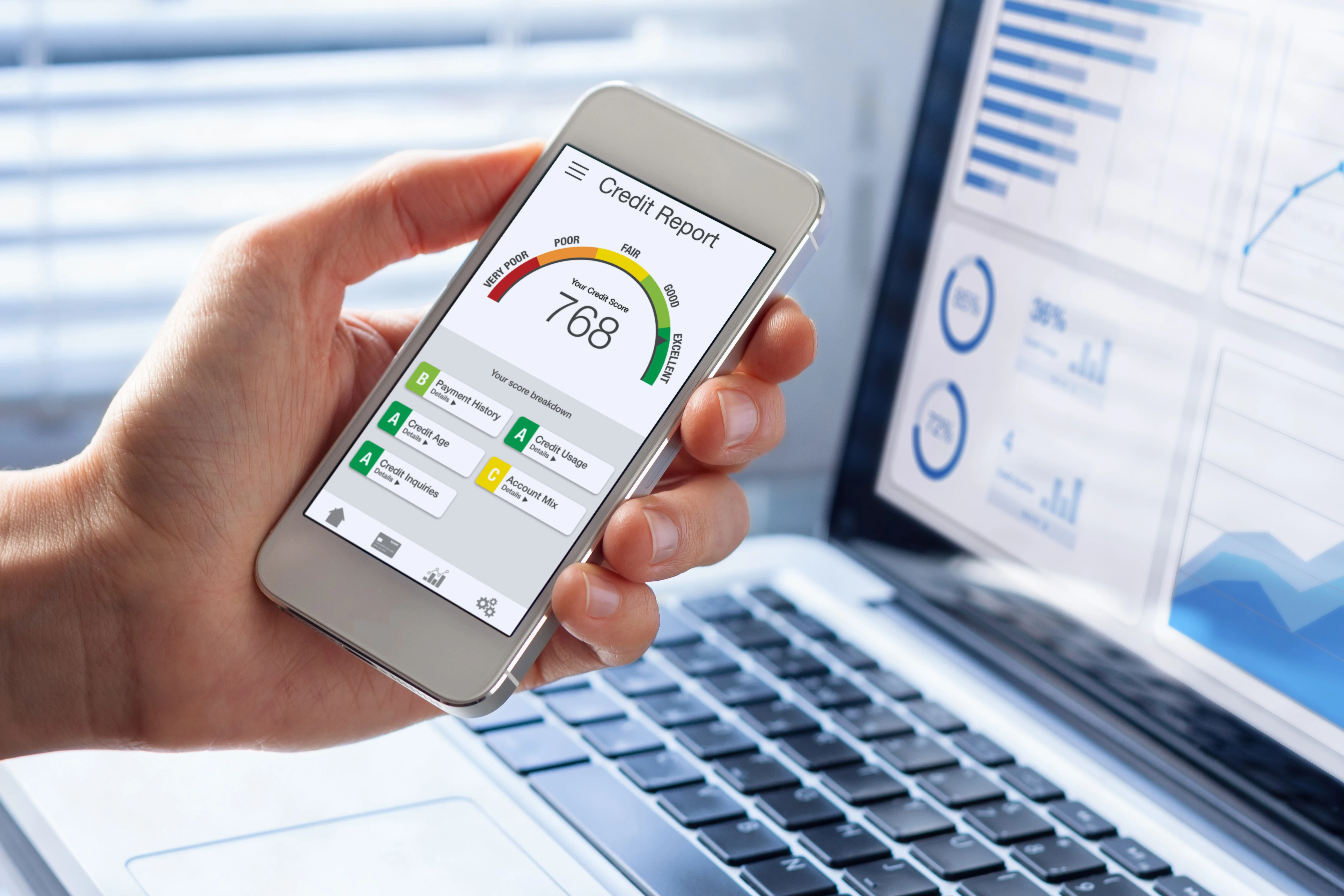
Every time someone requests a copy of your credit report from either Equifax, Experian or TransUnion, the credit bureau adds a record of the request to the report. The record is called a “credit inquiry,” and it can stay on your credit report for two years.
Credit inquiries are classified as either “hard” or “soft” inquiries, depending on why someone requested your credit report. It’s an important distinction because soft inquiries don’t affect your credit scores, but hard inquiries might.
Let’s dive into the key differences between hard and soft credit inquiries and explain how to think about them in the context of applying for credit products that help you build credit.
The difference between hard and soft inquiries
A hard credit inquiry—sometimes called a “hard pull”—is a credit inquiry that results from a credit application. Most commonly, this happens when you apply for a new credit card or loan and give the creditor permission to request your credit report.
Soft inquiries are generally credit pulls for non-lending reasons, such as when:
You request a copy of your credit report—directly or through a credit monitoring service. This includes your complimentary credit report through www.annualcreditreport.com as well as ongoing monitoring tools offered by Credit Karma and various credit card companies
One of your current creditors reviews your credit report. Creditors commonly do this to help them manage their customer accounts. For example, a credit card company might increase your card’s credit limit if your credit score improves.
You use a pre-approval tool to see if you qualify for a loan or credit card. These tools often advertise that they don’t affect your credit scores—this is because they are a “soft pull.”
Creditors pre-screen you for a new credit card or loan. Banks and non-bank lenders sometimes send emails and letters inviting people who meet their criteria to apply.
Landlords, property managers, and mobile phone services might also review your credit before allowing you to rent a home or open a new phone account. These credit checks might result in either a hard or soft credit inquiry—you can ask the company to find out.
Over 100,000 recent newcomers trust Nova Credit
Subscribe to our newsletter for the latest tips and information on setting up life in the U.S.
What happens when you apply with Nova Credit?
If you haven't established credit in the U.S., you might be able to use the Nova Credit to apply for a credit card, phone, auto loan or student loan using your credit history from your home country. You can browse all supported products here.
Using Nova Credit, you will find and share your foreign credit history with the lender as part of their digital credit application. This will result in either a hard or soft inquiry, depending on the credit bureau in your home country.
It is a soft pull for the U.K., South Korea, India, Australia, China, Spain, Switzerland, Canada TransUnion, Dominican Republic and Philippines CRIF.
It’s a hard pull for Mexico, Brazil, Kenya, Nigeria, Canada Equifax, and Philippines TransUnion.
Should you worry about credit inquiries?
You generally do not need to worry about soft inquiries because they never affect your credit score. Hard credit inquiries might temporarily lower your score—often by as little as five points—but most people’s credit scores tend to recover within a few months, since inquiries are not a major scoring factor.
Also, hard inquiries don’t always hurt your credit scores. For example, suppose you apply for multiple auto loans or student loans during a 14-day period. The most commonly used credit scores will treat all of the hard inquiries as one inquiry for scoring purposes. The credit scoring agencies know that you’re probably shopping for the best loan offers and don’t penalize you for trying to save money.
Being mindful of hard inquiries can be important, though, especially if you’re planning on applying for a large loan soon. If you are thinking about applying for a home or auto loan, you might not want to also apply for multiple credit cards or different types of loans beforehand.
Generally, it makes sense to focus on the major scoring factors, such as paying your bills on time and only using a small portion of your credit cards’ available credit.
Use your foreign credit history to start your U.S credit history
New to the U.S.? Check if you can use your country's credit history in the U.S. to apply for credit cards and start your U.S credit history using Nova Credit.
More from Nova Credit:
The best credit cards for no credit history
The best secured credit cards in 2020
How to get a credit card without a social security number
How to use credit cards to build credit history
How to get a social security card
